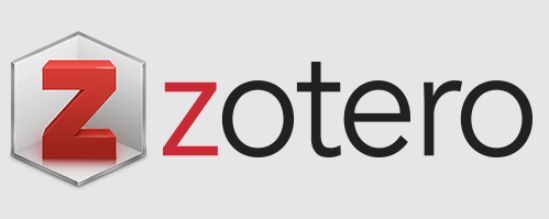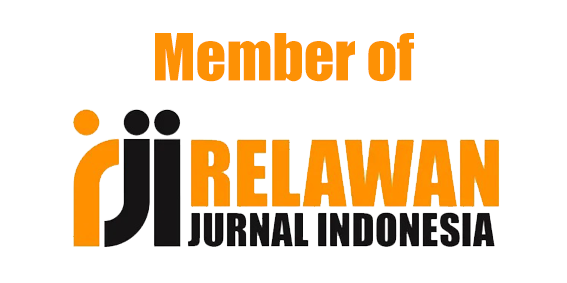SUBMISSION
PUBLICATIONS
ACCREDITATION
ASSOCIATION
TEMPLATE
SUPPORT CONTACT

Al-Amwal: Journal of Islamic Economic Law applies a double anonymous peer review process to ensure the quality, originality, and academic integrity of all published articles. In this review model, the identities of both authors and reviewers are concealed throughout the entire review process.
All submitted manuscripts are first evaluated by the editorial team to assess their suitability with the journal’s aims and scope, compliance with author guidelines, and basic academic standards. Manuscripts that do not meet these criteria may be rejected at this stage without external review.
Manuscripts that pass the initial screening are sent to at least two independent reviewers who are experts in the relevant field. Both reviewers and authors remain anonymous to each other to minimize bias and ensure an objective evaluation.
Reviewers are asked to assess the manuscript based on, but not limited to, the following criteria:
Originality and contribution to the field
Relevance to Islamic economic law and related disciplines
Theoretical and methodological rigor
Clarity of analysis and argumentation
Use of relevant and up-to-date references
Based on the reviewers’ reports, the editor will make one of the following decisions:
Accept without revision
Accept with minor revisions
Accept with major revisions
Reject
Authors are required to revise their manuscripts in accordance with the reviewers’ comments and submit a revised version within the specified timeframe.
The final decision on manuscript acceptance rests with the Editor-in-Chief or the assigned Section Editor, taking into account the reviewers’ recommendations and the quality of the revised manuscript.
All manuscripts and review reports are treated as confidential documents. Reviewers are expected to adhere to ethical reviewing standards and to declare any potential conflicts of interest. The journal follows the principles and best practices of the Committee on Publication Ethics (COPE) in handling the peer review process.
SUBMISSION
PUBLICATIONS
ACCREDITATION
ASSOCIATION
TEMPLATE
SUPPORT CONTACT

TOOLS


USER
MEMBERS

SPONSORED BY
Al-Amwal : Journal Of Islamic Economic Law, Faculty of Sharia, IAIN Palopo, Indonesia
E-mail: jurnal.al-amwal@iainpalopo.ac.id
Al-Amwal: Journal of Islamic Economic Law is licensed under a Creative Commons Attribution-ShareAlike 4.0 International License.
